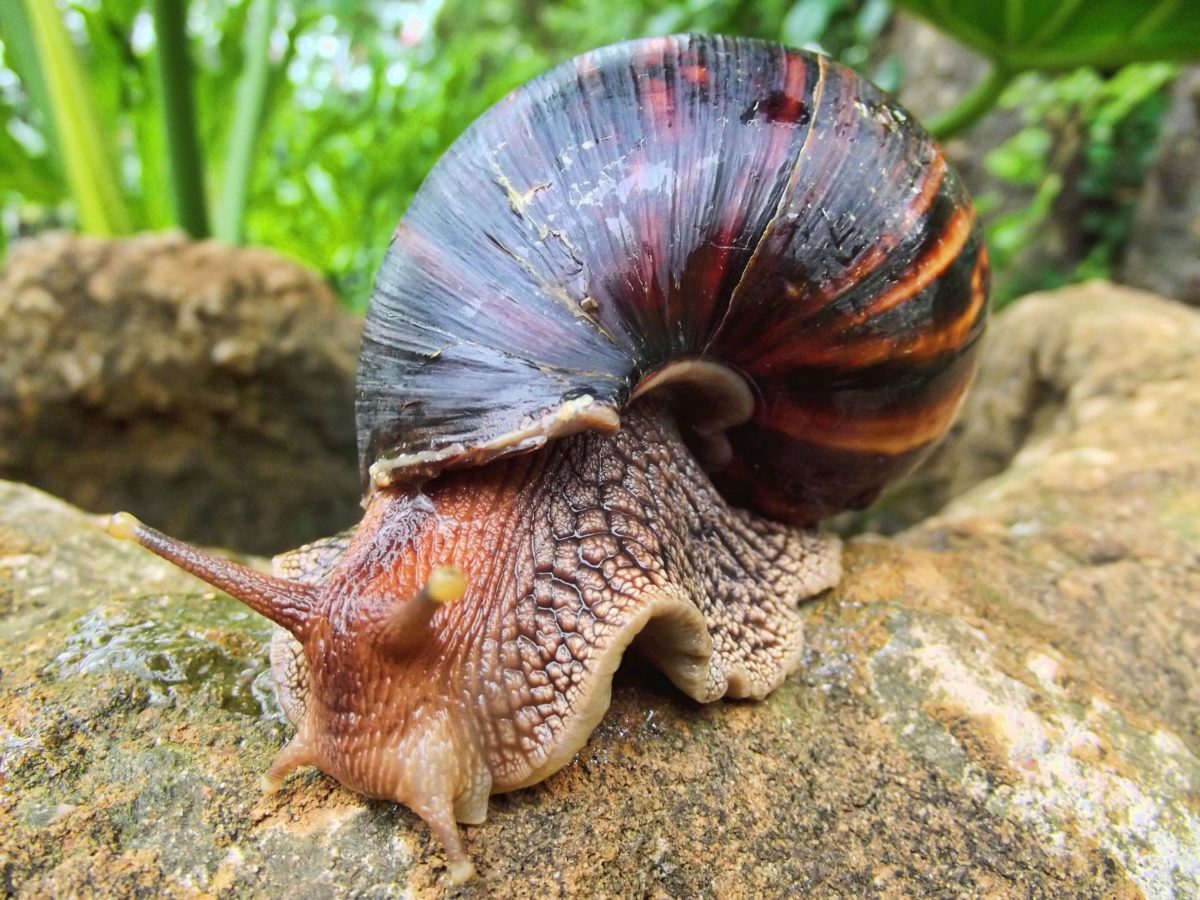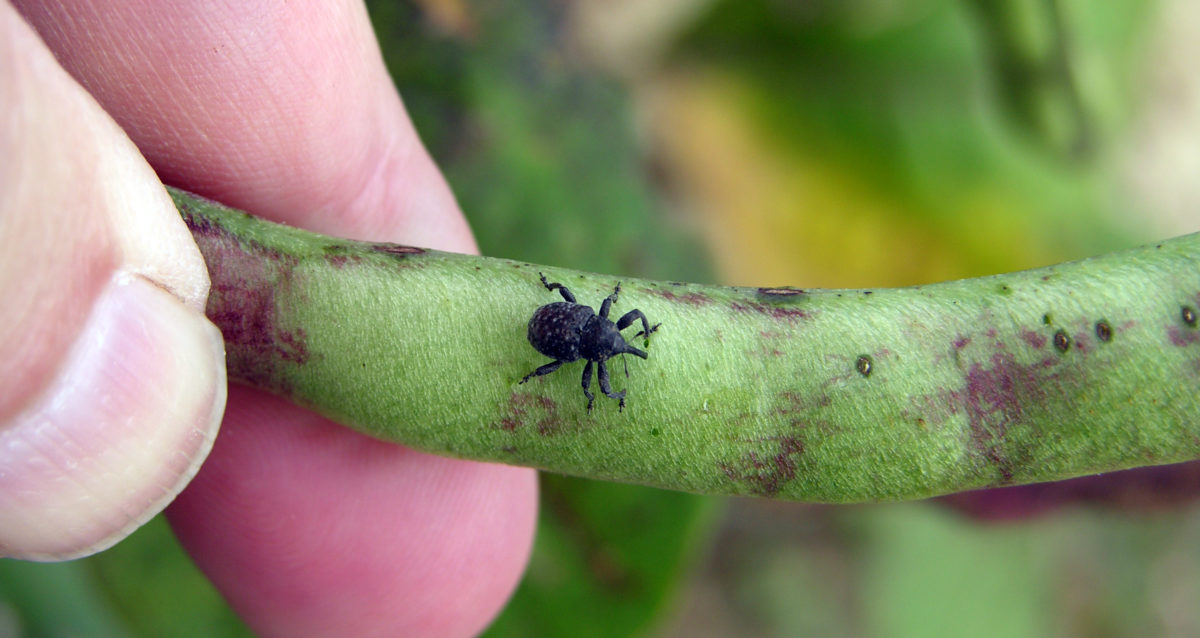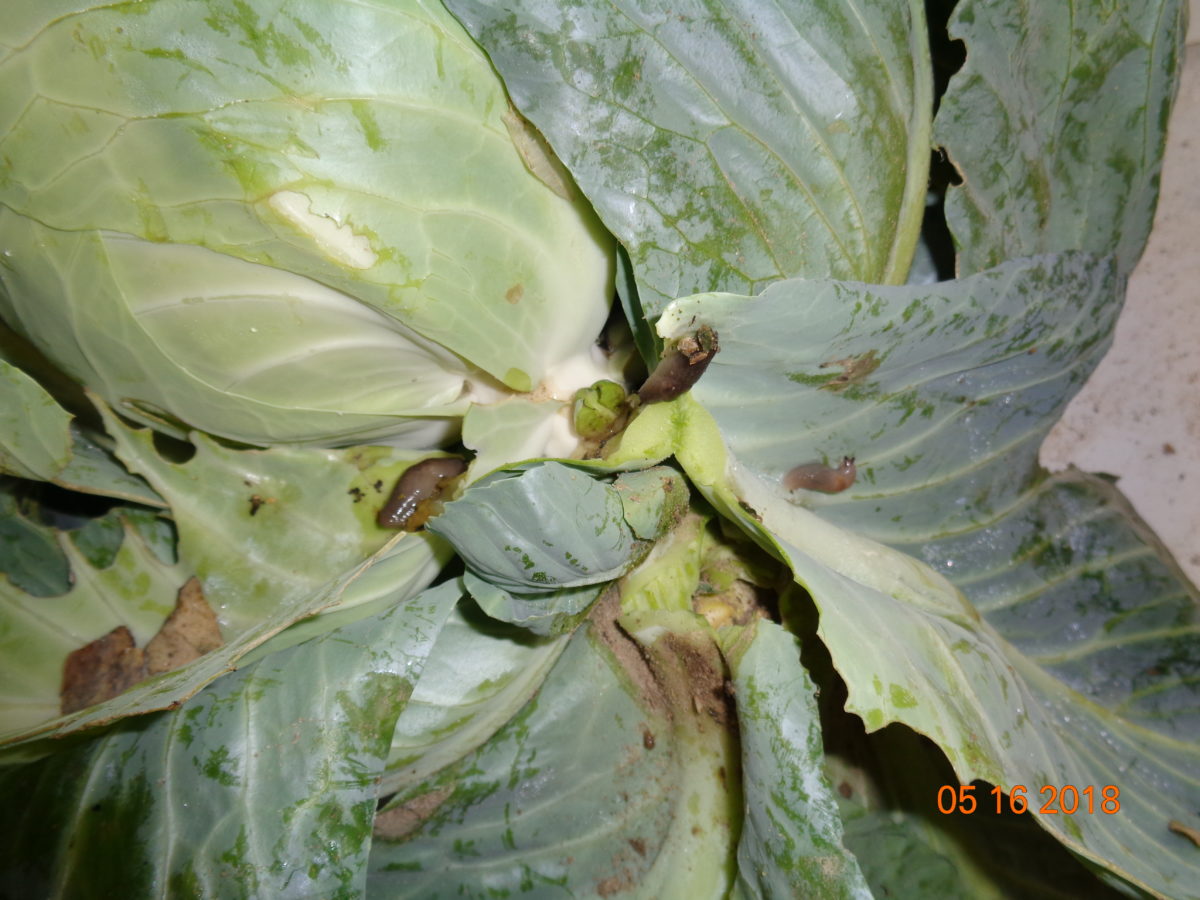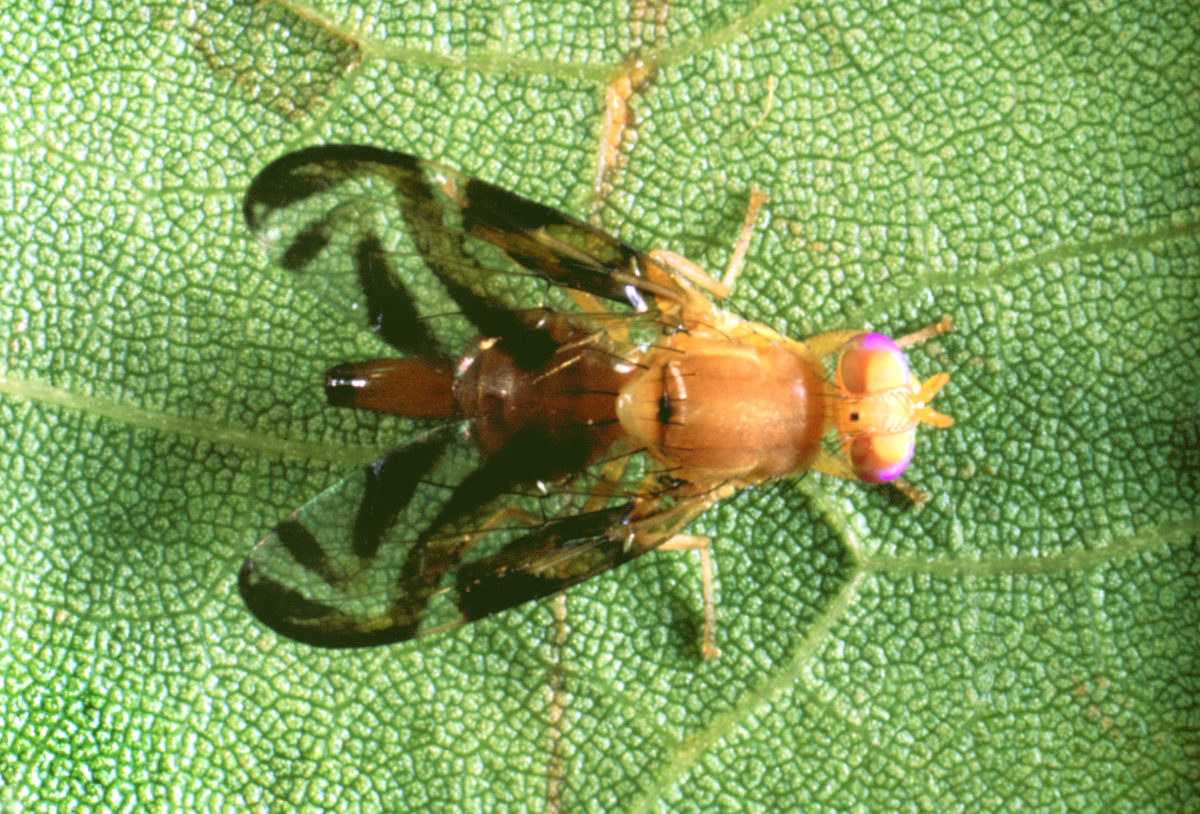Generally, organic producers try to stay away from using insecticides. If pest pressure is bad enough, however, it is important to avoid resistance. According to Ayanava Majumdar, Extension entomologist with Auburn University, incorporating tank mixes into a grower’s spray program can help deter resistance. Majumdar says he understands most organic producers use individual organic products. “But, through years of research, …
Florida Department of Agriculture and Consumer Services Winning Fight Against Destructive, Disease-Carrying Snail
Tallahassee, Fla. – Today, Florida Commissioner of Agriculture Adam H. Putnam announced that more than 168,000 Giant African Land Snails (GALS) have been eliminated in Florida since the invasive snail was discovered in Miami-Dade County in 2011. In addition, due to the success of the program, the department has decommissioned two additional core areas, two of the largest is the …
Get a Hold on Root-Knot Nematodes
Root-knot nematode infestation is one of the biggest soilborne problems for Florida vegetable growers. According to Johan Desaeger, assistant professor of nematology at the University of Florida’s Gulf Coast Research and Education Center, root-knot nematodes are very widespread in Florida and can cause some major issues. Once these nematodes enter the plant’s root system, they cause root-knot galls, which can …
Watch Out for Sweet Potato Weevil
By Breanna Kendrick What’s small, black, has six legs and causes a lot of damage to sweet potato crops? The sweet potato weevil. Once this pest is present and fields become highly infested, it’s very difficult to control. The weevil causes unsightly effects to the outside and inside of the sweet potato, making it hard to move the product through …
Black Aphids Invade Georgia Pecans
By Breanna Kendrick Black aphids are small black insects that feed on the leaves of pecan trees. The area where black aphids are feeding will turn yellow and become necrotic, killing the tissues surrounding the feeding area. Black aphids are most common later in the pecan season. Black aphids do have some populations early in the season, but are less of …
Varroa Mite Control Efforts Continue
By Breanna Kendrick Varroa mites have been in the United States since 1987, but there’s still not a good solution for controlling them. These mites impact honeybee colonies by feeding on the bees and vectoring viruses. The mites pass viruses around the colonies and make the bees very sick. Varroa control is tricky because the goal is to kill an …
GMOs vs. Cowpea Curculios
By Breanna Kendrick A big issue growers in the Southeast are facing is a weevil called cowpea curculio. This New World insect is very harsh on Old World peas, such as cowpeas. Insects are typically controlled with an insecticide, but this particular weevil has become resistant to many insecticides and can devastate a crop. Cowpea curculio is so hard on …
Slugs and Snails May Cause a Sticky Situation
Alabama vegetable growers have been dealing with pests that cannot be controlled by insecticides: slugs and snails. According to Ayanava Majumdar, Extension entomologist with Auburn University, increased rainfall over the past year has created this unusual problem of snail and slug infestation. These pests favor wet conditions. Moist soil is the perfect environment for snails and slugs. They also prefer …
Managing Caribbean Fruit Fly on Peaches
By Breanna Kendrick Cory Penca, an entomology Ph.D. candidate and a student in the Doctor of Plant Medicine program at the University of Florida, gave a presentation at the recent Stone Fruit Field Day on managing key pests of peaches in Florida. One of the many pests he discussed was the Caribbean fruit fly. Caribbean fruit fly is specifically a …
Research Team Targets Whiteflies
By Breanna Kendrick and Abbey Taylor The University of Georgia whitefly team is made up of research and Extension entomologists, plant pathologists and horticulture specialists. All of these professionals are involved in whitefly research across commodities such as peanuts, soybeans and vegetables. The team is doing research and education on whiteflies and the diseases that they vector. “It’s really just …













